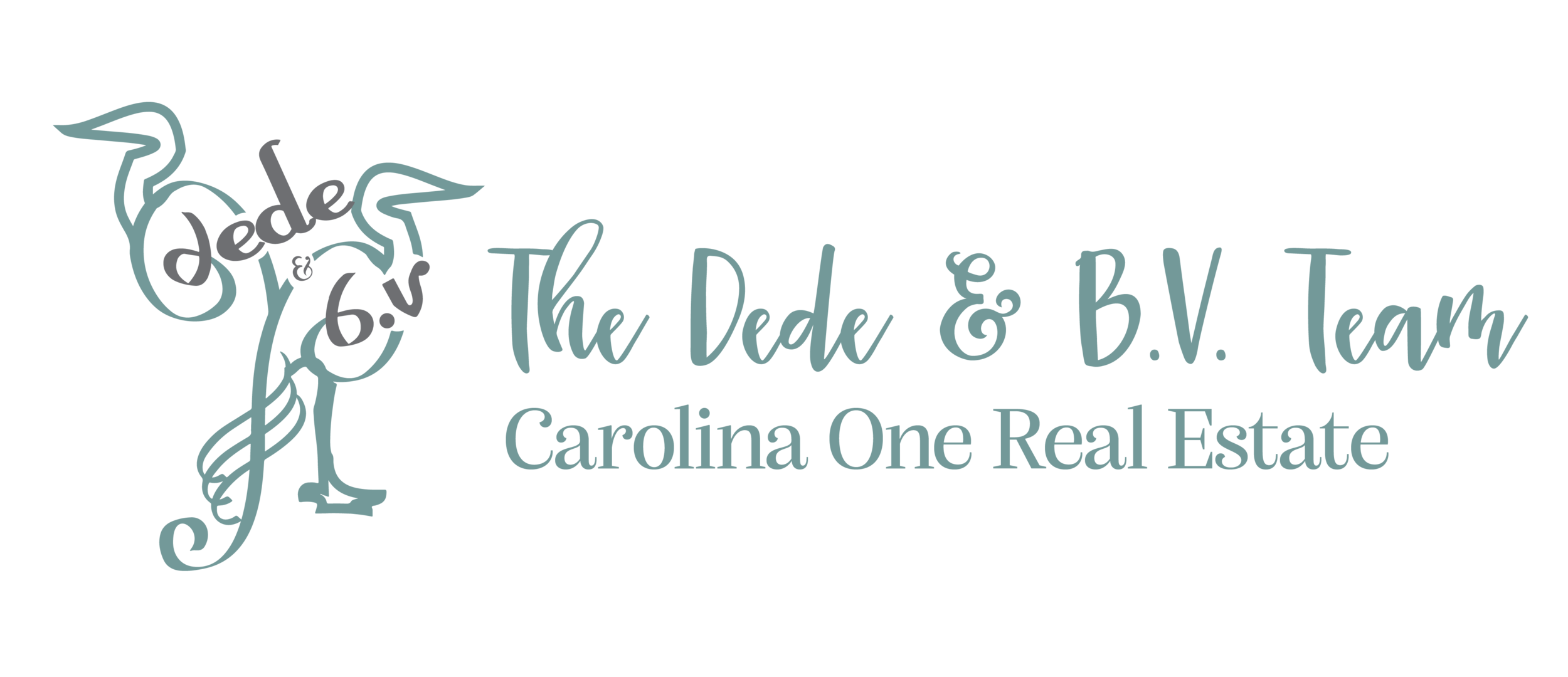Flooding in Charleston
Does it flood here?
Yes! Most of Charleston sits below sea level, and we are absolutely affected by flooding.
Climate change is considered a real danger to our city and will definitely impact the future landscape.
Some areas are more prone to flooding but every property is at risk. A house inland can flood even when a coastal property doesn't, so it's not always predictable.
Do I need flood insurance?
YES! Regardless of whether or not your property location is deemed at risk, we absolutely recommend that you carry flood insurance, and your lender will require it if you have a mortgage.
Your homeowners insurance policy does NOT cover flood.
How can I tell if a property is more at risk?
You can't. Risk no longer determined by a flood rating system. There are now MANY more factors: distance to flood source, history and type of flooding in an area, type of construction and foundation, number of floors and first floor height (from an elevation certificate), prior claims, total replacement costs, flood venting (especially on homes built before 1974), equipment location like AC units, building type and occupancy
There are areas of town with a history of flooding and you’ll hear locals say “oh, that street floods.” But the street names are constantly changing as the City tackles drainage issues, often alleviating flooding in one spot only to create it in another. We advise requesting a flood claim history when you purchase any home in Charleston.
How much does flood coverage cost?
It depends. The cost is determined by the risk and coverage. We've seen $300/year to $30,000/year!
The National Flood Insurance Program (NFIP) has a new rating methodology, and the risk of flooding is no longer determined by designated flood zones. Estimating the cost requires an Insurance agent but B.V. gives a good basic overview in this post.
FEMA policies through NFIP max out at $250,000 coverage, but private policies don't limit coverage.
The seller's current policy can still be assumed but will likely go up at renewal.
Do I need an elevation certificate?
No. Mortgage lenders may still refer to elevation certificates, but they are not required.
But they do still carry great value because they provide part of the information listed above.
They can only improve your rate, so there's no harm in getting one, but they are expensive and take 30+ days to complete.
How can I prevent flooding?
You can't. California has earthquakes and wildfires. Kansas has tornadoes. New England has blizzards. Charleston has flooding. But you can take some precautions to protect your property:
Keep storm drains and ditches cleaned out.
Use sandbags to prevent intrusion at exterior doors.
Park vehicles on higher ground when flooding is predicted.
What if my house floods?
How you handle a flood incident can affect your resale value, so think through your options.
Any flood insurance claim will go on permanent record, so if your damage is minimal, consider paying for repairs out of pocket to keep your claim history clean.
We always advise our sellers to disclose any flood history on the Sellers Disclosure. It’s better for a buyer to hear it from you than a neighbor. Take photos and document the conditions so you remember the details when it’s time to disclose.
Consider raising it. While expensive, there are more companies raising houses in our area and therefore more competition for fair prices. This requires municipal approval, which we are seeing granted more frequently now.
Remember that the dirt your house sits on carries great value and is sometimes worth more than the dwelling itself.


